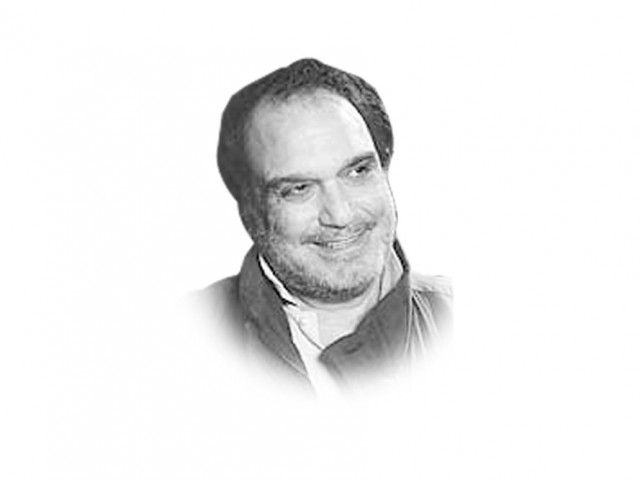Advantages of being unprincipled
Flexibility of response is suited to conduct of states than men. Altering national interest to save lives is needed.

Advantages of being unprincipled
Firstly, principles are hardly universal. They vary from man to man, from region to region, and from country to country. A Punjabi may have principles that differ from those embraced by a Pashtun, as in the case of honour and taking revenge. Thus a Muslim may have principles that differ from those held by a Hindu. A country with ideology may have more fixed principles than a country without ideology. Some principles may be pre-modern, based on religion. They may clash with principles based on science and reason.
Principles are rules of behaviour. If you are consistent in observing them, you are an honourable man. This means we abhor unpredictability and breach of promises. But there are occasions when we need flexibility in our conduct. And principles tend to make us less flexible in moments of crisis. In statecraft, internal order is based on tough penal codes and that is right. In international relations, there is no law and no morality. Hence, principles may have to yield ground to flexibility.
If realism and reason should be the yardstick on which to judge them, most principles may be bad. Realism tells us that if a man is principled and also powerful, he will inflict pain on others; if a man is principled but weak he will invite more pain on himself. And countries in their external conduct are much less subject to morality.
A weak man is expected to have principles; in other words we want him to be a martyr; to be remembered by the coming generations. But wisdom says if a man is weak he should not have too many strict principles. Principles make you inflexible and expose you to harm. A strong state is more likely to win on the basis of principles. Here principles are mere justification for its willingness and ability to inflict pain. A weak state should not have too many unrealistic principles. It needs flexibility of response in the face of more powerful states.
Change is integral to the unspoken law of survival. Darwin said survival is of the fittest, but if you look closely at his work the fittest is not the one with muscles but one who has the ability to mutate. In change, there is a hidden admission of weakness in the face of external environment. If you are weak, change your conduct and make it flexible in the face of odds.
One must accept that flexibility of response is more suited to the conduct of states than men. It becomes important to change policy — including that pseudo-theory sanctifying ‘national interest’ — if the state is weak. This weakness may spring from many factors and may even be relative. But it dictates mutation so that the state can save the lives of its citizens.
Pakistan suffers from a policy-freeze in the face of challenges it cannot surmount. It has too many factors in its strategy that make its conduct inflexible. It sees flexibility as a gesture of bending before more powerful states. Yet the compulsion of change may confront even a powerful state if it has the culture of intellectual stock-taking. Flexibility — at times seen as lack of principles — is based on self-interest.
Published in The Express Tribune, October 16th, 2011.














COMMENTS
Comments are moderated and generally will be posted if they are on-topic and not abusive.
For more information, please see our Comments FAQ